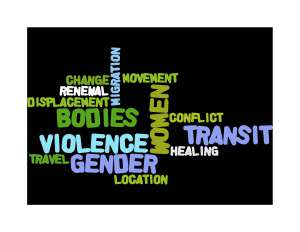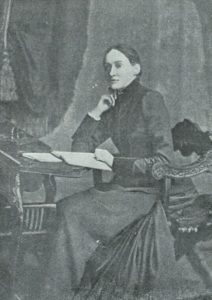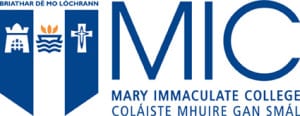Expanding Connections: Bodies in Transit 2
by Dr Maureen O’Connor, UCC
 In 2015, the Spanish government funded an international research project, “Bodies in Transit/ Cuerpos en Tránsito”, involving a number of scholars interested in representations of gender and difference in the present moment, using theories of posthumanism (especially those of Rosa Braidotti and Donna Haraway) and globalisation and the transnational, with special emphasis on the implications of neoliberalism for conceptualising subjectivity. The success of this important project has inspired the directors to propose a “Bodies in Transit 2: Genders, Mobilities, and Interdependencies.
In 2015, the Spanish government funded an international research project, “Bodies in Transit/ Cuerpos en Tránsito”, involving a number of scholars interested in representations of gender and difference in the present moment, using theories of posthumanism (especially those of Rosa Braidotti and Donna Haraway) and globalisation and the transnational, with special emphasis on the implications of neoliberalism for conceptualising subjectivity. The success of this important project has inspired the directors to propose a “Bodies in Transit 2: Genders, Mobilities, and Interdependencies.
If the funding bid is successful, this next phase of the project may be of interest to scholars working in the area of Irish women writers at the turn of the twentieth century, as the remit for the new wave of research projects includes consideration of the historical transformation of bodies and embodiment. The first research projects focused on narratives of violence, trauma, and healing. The new tranche of research will be analysing representations of metamorphoses of the body, understood to include nonhuman as well as human bodies and actors. The relevant circles of interdependencies and social/natural relations widen considerably in the new project.
The project is broken into subgroups, or “clusters.” One of the projects included in the “mobilities” cluster will be a feminist analysis of disability’s “queering” of embodiment, and nineteenth-century sources are included in the analysis. My own potential contribution to the “interdependencies” cluster will draw from the monograph I have recently begun researching, on first-wave Irish feminists active at the turn of the twentieth century. I am researching and analysing the intersections among these women’s various advocacies—women’s rights, Irish independence, workers’ rights—and their commitment to vegetarianism, a diet with special historical and political implications in an Irish context. I will be using feminist new materialism as my theoretical approach to the ways in which these women anticipated many contemporary conceptualisations of the intertwining of bodies and the ethical, environmental consequences of such understanding of the co-extensivity of the human with the non-human. The writers I will be considering (a list that may expand) include Eva Gore-Booth, Charlotte Despard, Margaret Cousins, and Alice Stopford Green. Several primary sources are pertinent in this regard—all four women were prolific writers in many genres—and I will also be making use of the archives in the National Library of Ireland, the British Library, and the Women’s Library in London. The theorists I will be consulting include Iris Van der Tuin, Karen Barad, Serenlla Iovino, Servil Opperman, Stacy Alaimo, and Jane Bennett. I would anticipate, finally, making connections to current women’s issues in Irish society. I have delivered short papers in recent times on how to use poetry and ecofeminism to work through the philosophical and cultural structures that lead to phenomena like the mother-and-baby homes.
It will be early 2018 before the fate of this bid for funding is known. I will keep the network informed of any developments. In the meantime, it is worth noting that there is very exciting work being done in Irish Studies by feminist scholars in Spain and elsewhere. I would encourage academics in Irish Studies to follow the activities of the Spanish Association of Irish Studies/Asociacíon Espanola de Estudios Irlandeses (AEDEI) and even attend one of their conferences, filled with lovely people in lovely settings.
Dr Maureen O’Connor, UCC
If you want to submit a blogpost contact Dr Deirdre Flynn



